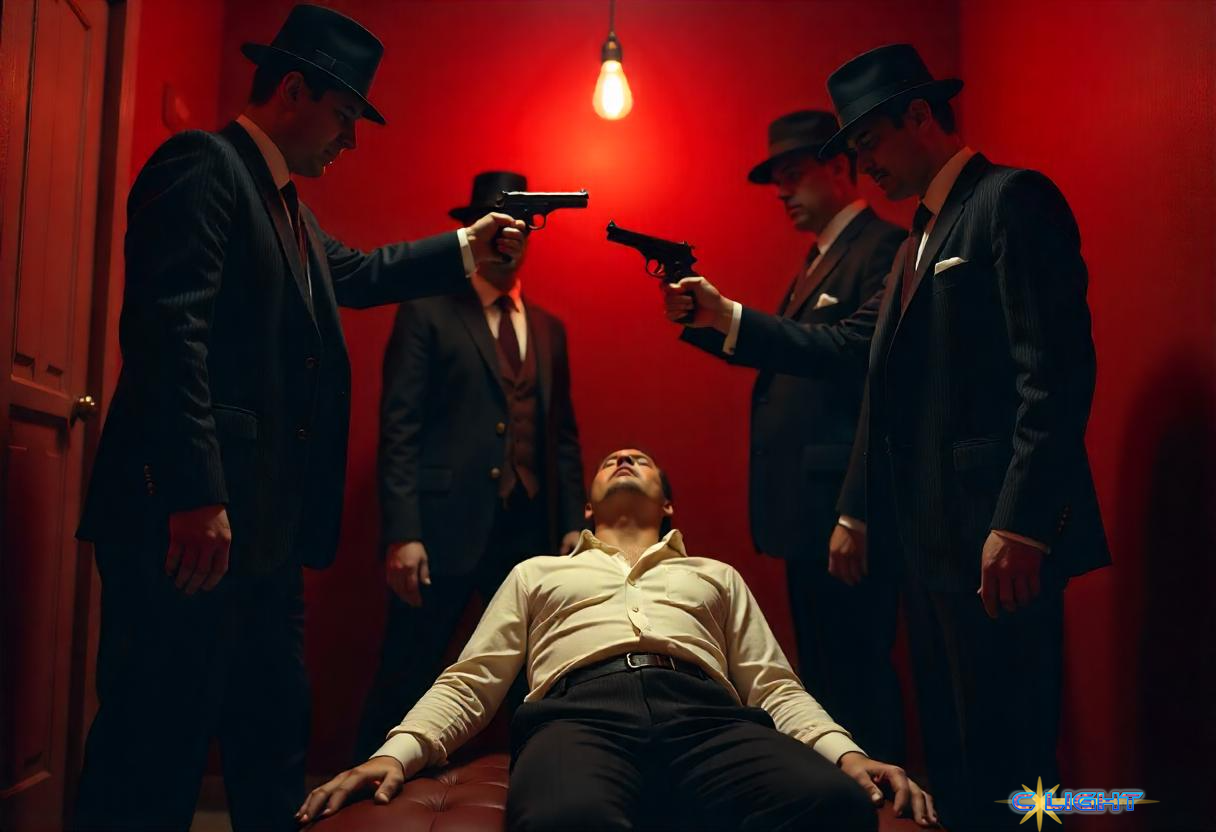The situation sounds like something out of the 1920s: the mob boss sends his henchmen out with a warning: pay up or bad things will happen. Big, muscle-bound guys in cheap suits wearing gray or black fedoras carried a pistol in their waistband and tommy guns in cases or under their coats. There were no niceties. Either you do what the boss says, or you’re dead. They had names like Lucky, Bumpy, Bugsy, and Mad Dog. Everyone knew they were crooked, but law enforcement was next to impossible, especially when half the police force was on the mob’s payroll.
What’s changed in the past hundred years is that no one wears a fedora much anymore, and the only tommy guns are in museums. Now, the biggest mob boss of them all is sitting in the White House. What is the first thing he does? Start an economic protection racket by threatening tariffs on our best neighbors.
The racket works like this: One party, in this case the US, tells another party, Canada for instance, that it’s going to levy a 50% tariff on all goods coming across the northern border. Canada panics because they know such a tax would damage their economy. They call up the US to ask, “Hey, can we work out a deal?” The boss responds, “Yeah, sure. Here’s what we’re willing to do,” and then lays out a trade plan that gives the US a heavy advantage. Canada can either take the deal or risk the damage done by the tariffs.
If this were a private outfit running this kind of scheme, it would be illegal, and the principals would be in jail. However, this is the government. Governments possess legitimate authority to impose taxes (including tariffs) and use various forms of leverage in international relations that criminal enterprises lack. The exercise of this authority can be debated politically and ethically, but it stems from a different source than criminal activity. So, the President sits in the White House like an all-powerful mob boss and dares anyone to defy him.
Politicians will try to tell us that ‘this is just the way things work around here,’ but are we dumb enough to accept that excuse? We don’t have to tolerate any of this. The longer the mob boss keeps his hands around our economic throats, the more businesses, especially small businesses that rely on overseas manufacturing, are likely to die.
Across the board, in most every aspect of government, the administration is guilty of using aggressive rhetoric, political threats (e.g., withdrawing support, isolation), military posturing, or the threat of severe economic consequences (like crippling tariffs) to intimidate other parties into acceding to its demands. The goal is to make the fear of consequences sufficient to compel action.
The so-called Department of Government Efficiency, which still isn’t really a department of anything, along with its leader, Leroy Muskrat, are the muscle for domestic matters around Washington, D.C. Secretary of State and Secretary of Defense Marco Rubio and Pete Hegseth deliver the international messages. And across the states, Homeland Security does things like raiding the home of Rep. Stephanie Mickelsen to show other legislators what can happen if they oppose the administration.
The use of threats, intimidation, and tariffs in this manner aims to extract value in the form of economic concessions, political alignment, strategic advantages, or policy changes from the target is a tactic straight from Racketeering 101. The White House’s repeated use of these tactics would, in the business world, be sufficient to demonstrate intent as defined by the RICO act. Yet, because they’re being used to leverage political gain and influence, they’re all legal!
What can we do about it? If there’s no option for legal punishment of these actions, how do we stop them from being continually implemented?
Fighting this kind of activity means showing to those in control how the tariffs and intimidation are negatively affecting domestic businesses more than foreign targets. Sure, calling your representatives is a good move, but with tariffs, it takes more than just saying, “They’re bad, and I don’t approve.” Legislators need to know that their home districts are suffering and that we plan to hold them accountable for the President’s actions.
Look in the community and find those businesses, especially smaller mom-and-pop shops, who struggle because of the tariffs. Make sure legislators know about those businesses, the revenue and jobs that are at stake. Emphasize the burden of retaliatory tariffs that further damage US businesses of every size. The EU has already said that they’re ready to match US tariffs to the dollar. The end result could be soaring inflation that makes it difficult for people to live on their current paychecks.
Saturday, April 5 is the national “Hands Off” protest scheduled for Washington, D.C., and many other places around the country. Participate if you possibly can. If you can’t, make your opinion known in the loudest way possible on social media. While everyone wants the protests to be peaceful, there has to be enough noise for politicians to understand that what the White House is doing is hurting us.
Now is not the time to be a pacifist. Nothing good comes from trying to placate the GOP. They’re pulling out their political guns, and we’re directly in the line of fire. We have no choice but to resist.
Discover more from Clight Morning Analysis
Subscribe to get the latest posts sent to your email.










